Pricing Debate

Plan sponsors continue working to offset the risk from major policy shifts.
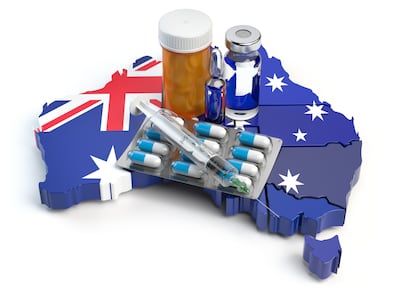
The government’s decision for the Pharmaceutical Benefits Advisory Committee to hold an extra meeting in 2025 has been welcomed by Medicines Australia, which says that Australians already wait on average 466 days from the time a medicine is approved to when it is subsidized.
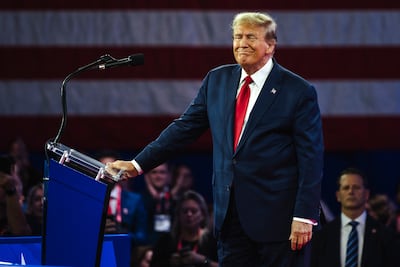
While election results are not complete, prospects improve under new regime for 340B program reforms, PBM legislation, and Inflation Reduction Act drug pricing revisions. But immediate priorities for Congress and the new president will be elsewhere.
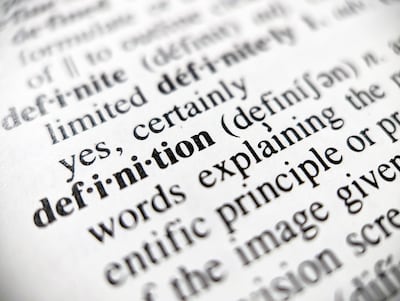
An appeals court panel seemed skeptical of whether AstraZeneca has standing in its Administrative Procedure Act challenges against the IRA’s drug price negotiation program, but suggested a company with standing might be successful in their court.

Two of three appeals court judges hearing Bristol Myers Squibb and Janssen’s appeal questioned whether Medicare’s drug price negotiation program was truly structured in a way that gives manufacturers a choice not to participate.

Judges on the Third Circuit panel in the BMS and JNJ IRA cases seemed sympathetic to industry’s concerns about the government using the term “maximum fair price” in the IRA’s Medicare drug price negotiation program.
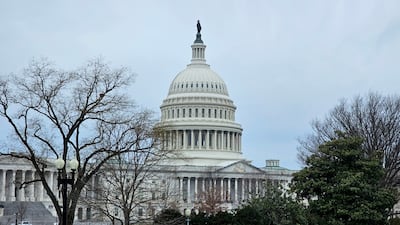
Some of the industry’s biggest challenges, and potential solutions, were hot topics at the BioFuture conference in New York.
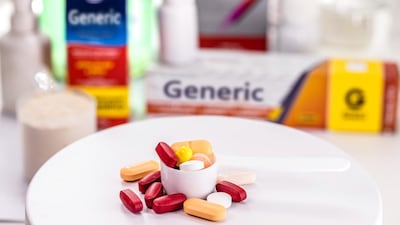
Generics of the schizophrenia treatment Latuda generated more than $4bn in savings a year after their 2022 approval, according to an FDA study.

Drug discount program reform would have the best chance of enactment if Republicans gain control of both the House and Senate and former president Trump is re-elected.

The landmark drug pricing reforms from the Inflation Reduction Act are starting to take full effect – and it turns out that the impact may not be as dramatic as originally projected based on updated analyses from the US Congressional Budget Office.

A manufacturer information campaign is increasing awareness about the Inflation Reduction Act provisions easing cost sharing obligations for high-cost drugs in Part D, the insurer said.

A court order encompassing funding, drug pricing, clinical trials and overall policy implementation aspects is expected to cause a paradigm shift in the treatment of rare diseases in India. Sarepta, Roche and Sanofi are among the companies that have been part of pricing discussions.

A growing number of future Part B candidates for Medicare price negotiation may avoid price controls in the program with injectable versions.

But the prospects for attaching the legislation to a federal spending package in December will be dependent on the outcome of the upcoming elections.

Big corporations fought to scuttle a California PBM reform bill, despite favoring federal efforts, in part from a desire to be held to one national standard.
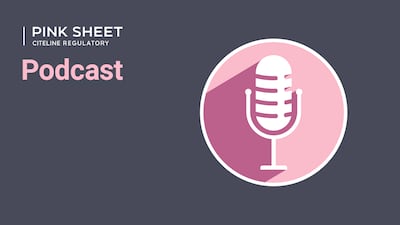
Pink Sheet reporter and editors discuss experts’ experience helping drug sponsors negotiate prices with CMS and the FDA’s proposal for a new pathway to update vaccines before a pandemic is declared.

The proposed CMS innovation center's $2 drug list model will not address the barriers to newer generics getting on Part D formularies and plans may have little incentive to participate in the demo, an industry group said.
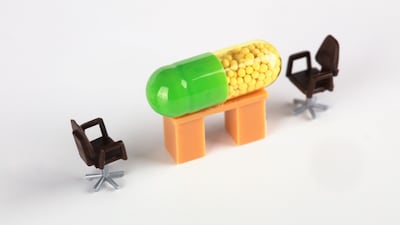
Policy experts and consultants recount their experiences shepherding manufacturers through the first round of Medicare price negotiations during a recent webinar.

Issues raised in the first six months of the new VPAG include potential adverse impacts on both older and newer innovative drugs, as well as uncertainties over the “exceptional circumstances” clause that allows requests for price increases or cuts in repayment rates.

HRSA threatens nuclear option and Johnson & Johnson suspends its 340B rebate model. But the company also ‘reserves all of its legal rights with respect to this matter.’